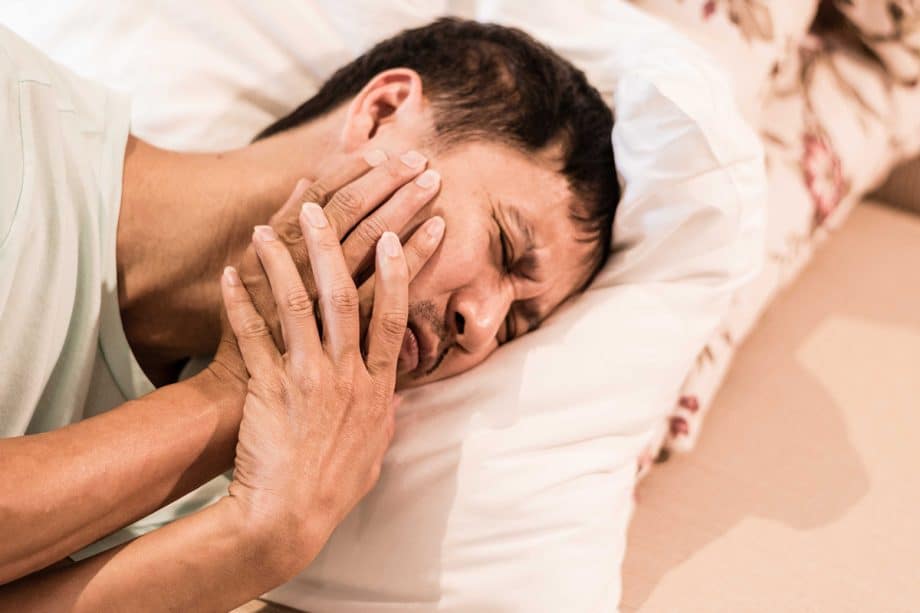The temporomandibular joint (TMJ) acts as a hinge connecting the jaw bone to the temporal bones of the head. These bones are located in front of each ear. The joint allows jaw movement up and down and side to side, allowing for talking, chewing, and yawning.
Trouble with your jaw and the facial muscles that control it are called temporomandibular disorders (TMDs). It is sometimes also referred to as TMJ disorder or TMJ dysfunction. Many people refer to the condition as simply TMJ; however, it's merely the name of the joint.
Symptoms of TMJ Disorder
TMD commonly causes severe pain and discomfort, which can be temporary or last several years. It can affect one or both sides of your face. It's most common in individuals between the ages of 20 and 40.
Common symptoms include the following:
- Tenderness or pain in the face, jaw joint area, neck and shoulders, and in or around ears when you are chewing, speaking, or opening your mouth wide
- Inability to or problems when you try to open your mouth wide
- Jaws that seem to become "stuck" or "lock" in the open- or closed-mouth position
- Popping, clicking, or grating sounds in the jaw joint when opening or closing your mouth
- The face feeling tired
- Trouble chewing or a sudden uncomfortable bite—as if the upper and lower teeth aren't fitting together properly
- Swelling on the side of the face
- Toothaches
- Earaches
- Hearing problems or ringing in your ears (tinnitus)
- Headaches or migraines
- Dizziness
- Numbness or tingling in your fingers
- Neck aches and pain in the upper shoulders
Treatment for TMJ Disorder
The good news is that there are several different treatment options for TMJ disorders. These include:
- Self-managed care, such as dietary changes and hot and cold therapy
- Specialized splints or mouthguards to help improve jaw alignment and stop nighttime teeth grinding and jaw clenching
- Stress reduction practices
- Physical therapy exercises
- Medications that work by relaxing the muscles or relieving inflammation
- Botox injections
Frequently Asked Questions About TMJ Disorder
Are TMJ problems Common During Adolescence?
TMJ disorders can impact children and teens and are common during puberty. Unfortunately, such disorders can often affect a young individual's ability to participate in school and many extracurricular activities. Sadly, sometimes, children are bullied or ridiculed when experiencing TMJ symptoms or problems at school, further adding to the pain and stigma associated with TMJ problems.
Can Braces Help a TMJ Problem?
Currently, no scientific basis exists for orthodontic treatment of disorders of the temporomandibular joint. The National Institutes of Dental and Craniofacial Research Brochure states that treatments to change the bite, such as orthodontics, restorative dentistry and grinding down teeth to bring the bite into balance are all ineffective.
Learn More About TMJ Solutions at Integrated Dentistry
At Integrated Dentistry, we know the impact that TMJ disorders can have on your everyday life. We aim to help you find a treatment solution or even multiple solutions that work to alleviate your symptoms. Call us today at 479-333-1300 to schedule an appointment for a TMJ diagnosis and treatment assessment.

